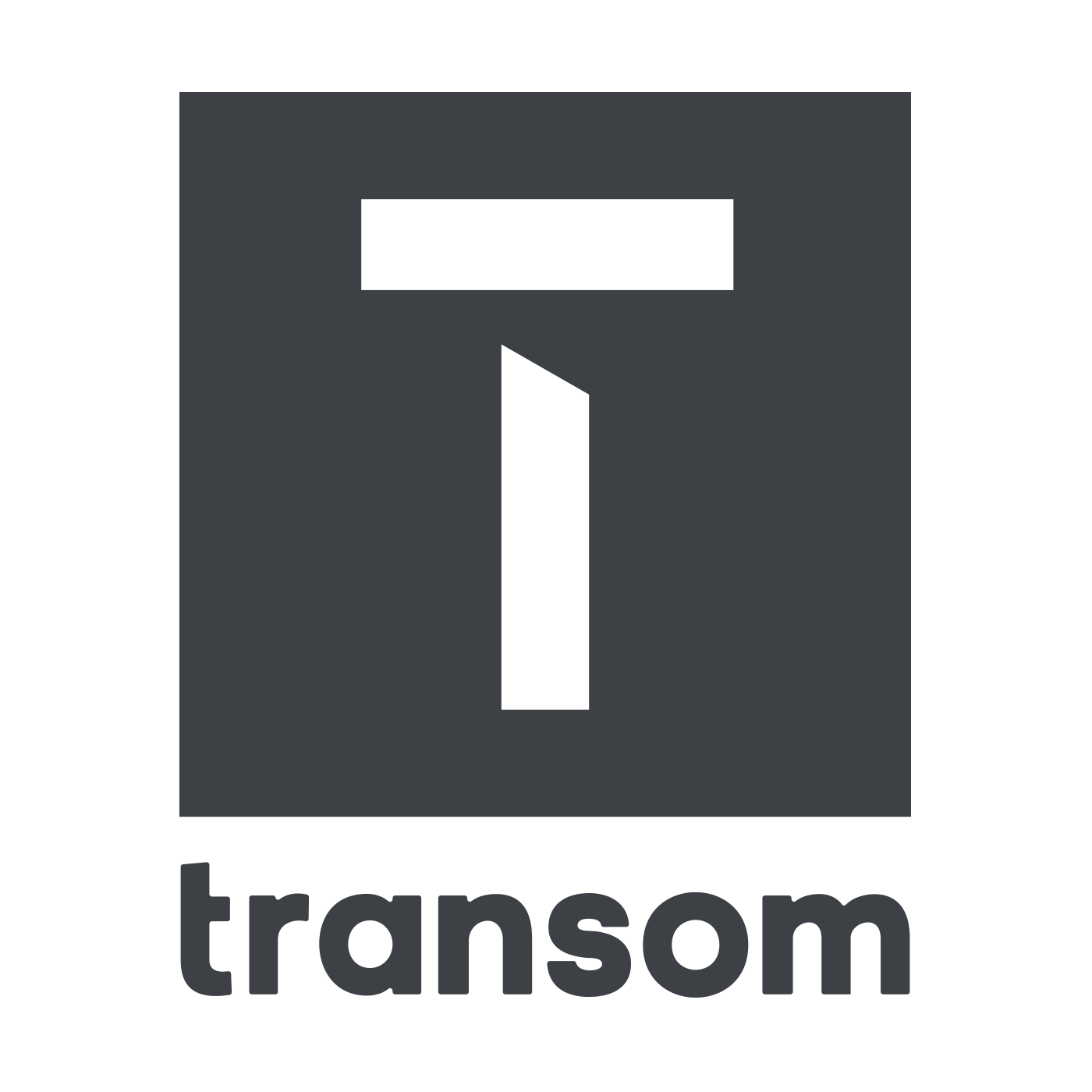
Transom Podcast
Transom
Podcast
Episodes
Listen, download, subscribe
After The Forgetting
“After The Forgetting” on PRX About After The Forgetting This story started in my living room. I was teaching a youth radio class for the Vermont Folklife Center, and Greg Sharrow, my colleague and friend from the Folklife Center had agreed to a marathon interview with three high schools kids. I’d given the kids a few choice details about Greg’s life—of which there are many—and they’d each prepared some questions. Greg is perfect for anyone’s first interview. He’s completely open. He’ll answer anything. And he speaks in complete sentences. One of the kids had elected to talk with Greg about his mother who has dementia. It was a phenomenal interview. The kid dropped out of the youth radio project and I fell in love with the tape and decided to start working on a story about Greg and his mother. I knew Marj. I’d met her at parties and eaten dinner with her at Greg and Bob’s. I’d sat in the backseat a few times when Greg drove her back to her assisted living place. I remember her exclaiming about the lights driving past Wendy’s, ‘Look at all that RED!’ Greg and I both did recordings at the dinner table, which was no easy proposition in a house with sixteen fish tanks and a cockatiel. Still, some nice stuff came of it. I started to think I’d frame the whole story around a single dinner. I spent a lot of hours making a cutlery track, which I thought I might run under the whole show…so when you were listening to an interview segment with Greg, for instance, you could still hear the dinner conversation in the background, and Greg would fade out and we’d come back to the conversation at dinner. Sort of like Glen Gould’s Idea of North. In the end it didn’t work. I didn’t have enough well-recorded dinner conversation to do it, and there wasn’t enough momentum in the story. I had to ditch the idea, and the cutlery track. Still, the dinner conversation is threaded through the story, and it starts and ends at the dinner table. My favorite audio segments came from the interviews that Greg did with his mother on the couch at his house. They are the most relaxed and intimate; Marj’s mind is at its clearest, and some of the best non sequiturs happen in these conversations. ‘What would you like to do? Would you like to go on and on?’ I edited these sections pretty heavily and slowed them down a lot. I wanted it to feel like they were floating above the rest of the story somehow. When the story was about an hour long, I sent it to SALT Institute’s Rob Rosenthal who had agreed to mentor me on this project as part of the AIR mentorship program. I had read about this mentoring program on the AIR website and jumped at the chance. Essentially, AIR offers its members four hours of advice time with a radio producer. I work alone and I don’t have any associates in radio. It was incredible to be able to talk with someone about this story at that uncomfortable stage of production when you’re wondering, ‘What is this? And who cares?’ Rob was incredible. He listened to the show and did two thorough paper edits, and his criticism helped me take a giant step back from the story and look at it fresh. He made excellent structural suggestions and I remember he pushed me hard to look for conflict. He was left wondering what was at stake for these people. I remember really studying the end of the show then, and noticing that it felt saccharin and bloated. In that initial version, Greg went on and on about all that his mother has taught him about being alive. At a certain time I really loved that tape. What he was saying seemed important and true. But I was also made uncomfortable by it somehow. It felt like a song that only I liked and that I was probably going to get sick of. So I went back and interviewed Greg again. I remember we had kind of a snippy interview. I was really pushing him to tell me where the cracks we...
Transom Podcast RSS Feed
















